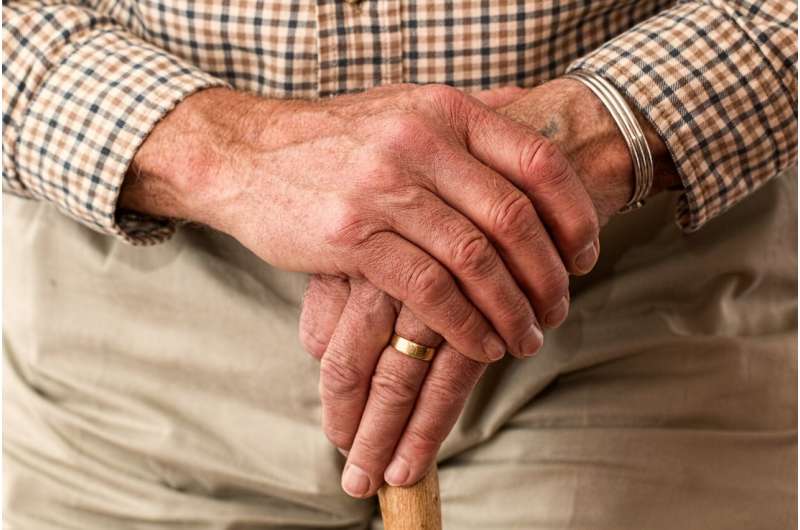High blood pressure treatment and nursing home residents

Although 27 percent of all older adults who live in nursing homes in this country have both high blood pressure and dementia, we don't have enough research yet to inform healthcare providers about the best way to treat their high blood pressure.
Specifically, we don't know when the benefits of taking medication to lower blood pressure outweigh the potential risks, especially in older adults who also have moderate to severe dementia and a poor prognosis (the medical term for the likely course of a disease). That's because clinical trials for high blood pressure treatments typically do not include older adults who have severe chronic illnesses or disabilities.
A team of researchers designed a study to learn more about the best high blood pressure treatments for older adults who live in nursing homes. Their study was published in the Journal of the American Geriatrics Society.
The research team used information from Medicare records. The team identified 255,670 long-term nursing home residents in the United States during 2013 who had high blood pressure. Of these, nearly half had moderate or severe dementia-related difficulties with thinking and decision-making. Slightly more than half of them had no or only mild cognitive impairment.
The study's participants were about 85 years old on average. They had moderate impairment of their physical function and about 3 percent were receiving hospice care or had a life expectancy of six months or less.
At the beginning of the study, participants were receiving high blood pressure treatment.
The most common high blood pressure medicines received were beta blockers, followed by calcium channel blockers, and angiotensin converting enzyme (ACE) inhibitors. Nearly half the participants were taking more than one high blood pressure drug.
After following the participants for 180 days, the researchers learned that the residents taking a higher number of high blood pressure medications (more intensive treatment) were slightly more likely to be hospitalized or hospitalized for heart disease than those taking fewer high blood pressure medications. However, they were slightly less likely to experience a decline in their physical abilities than those residents taking fewer high blood pressure medications. This was true whether or not the residents had dementia.
The researchers said that their study's findings suggest that long-term nursing home residents with high blood pressure do not experience significant benefits from more intensive treatment. "Older adults and their caregivers should be aware that intensive treatment for high blood pressure may not be helpful in long-term nursing home residents. It is reasonable to consider reducing the dose of these drugs or discontinuing their use in residents with dementia, if doing so is consistent with their goals of care."
More information: Kenneth S. Boockvar et al, Hypertension Treatment in US Long‐Term Nursing Home Residents With and Without Dementia, Journal of the American Geriatrics Society (2019). DOI: 10.1111/jgs.16081



















